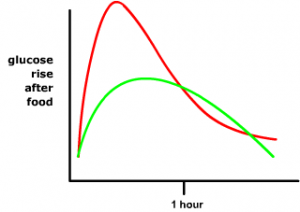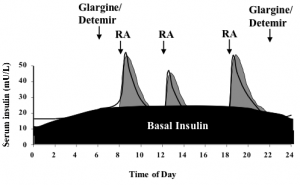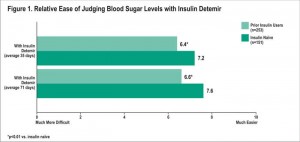Blood glucose values

When it comes to having diabetes, a diabetic patient must know their blood glucose value in order to live a long and healthy life. Diabetes is a very serious condition for all people ages. Diabetes condition is a very serious disease that is currently taking over our nation and the entire world by storm. Today’s sugar filled junk foods and the ability for diabetics to live longer lives and reproduce is only fuel to the already massive diabetic epidemic.
Diabetes is a serious condition where the person’s body is failing to get the required amounts of hormone called insulin. This absolutely necessary chemical/hormone called insulin is produced by the pancreas organ. For some unknown reasons to medicine the pancreas organ will stop or slow in the mass production of this vital chemical. This chemical hormone is used by the body to transform the blood sugar glucose in the bloodstream into a fuel that the cells are able to use for cell fuel. Without the proper amounts of this necessary sugar bonding component the blood glucose levels in the blood begin to rise to high levels. Once they reach a certain high sugar level the diabetics’ body begins to suffer major cell damage. The serious cell damage mostly happens with the high blood sugar levels is nervous cell damage, heart cell damage, kidney cell damage, and eye cell damages. But this can all be avoided if the diabetic patient can change their high blood sugar level and keep it at that lower sugar level. Is there a certain normal blood glucose value?
Do you have Normal Blood Glucose Values?
Normal blood glucose values are anywhere in the range of 80mg and 140 mg. If anything falls above 140 mg then a diabetic is considered to have high blood glucose or hypertension and if their readings fall below 80 mg then a person is considered to have hypotension.




